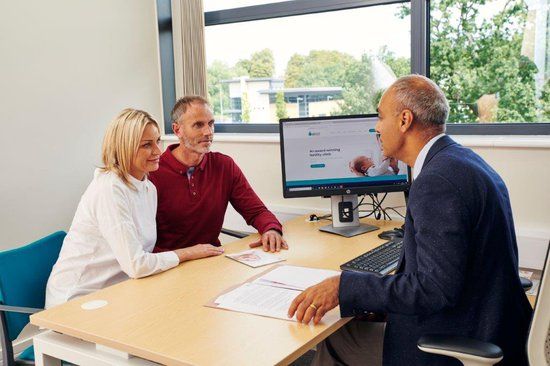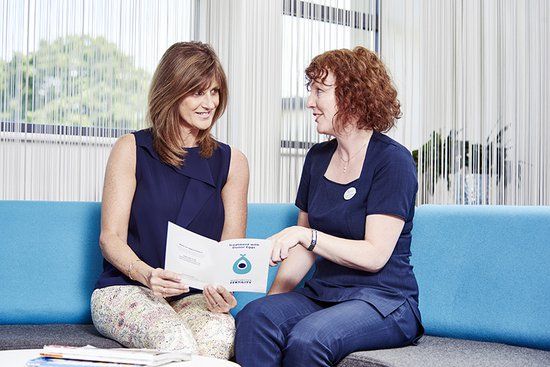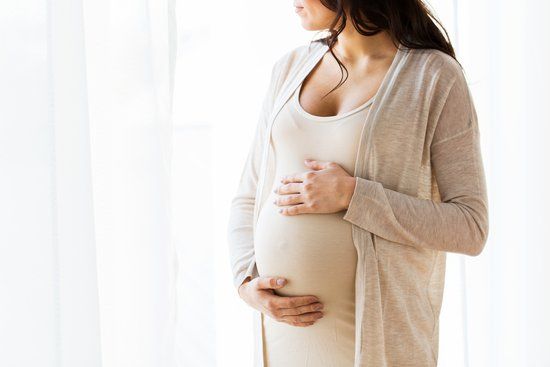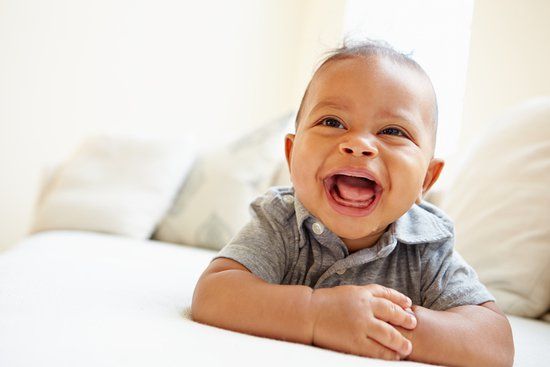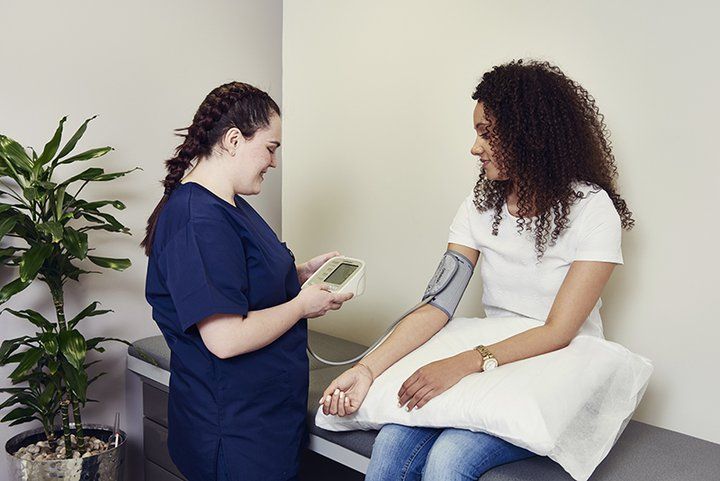
Did you know that all Manchester Fertility egg donors go through rigorous medical and health screening to be accepted as a donor with us?
This is so we can give you the reassurance not only that your donor is free of any infectious diseases that could affect you or your baby, but also that your egg donor has good natural fertility to give you the maximum chance of success.
In this third blog in our special series on IVF with donor eggs, we reveal what our egg donors are tested for and how they are screened:
Initial screening: General health and lifestyle
When a woman first applies to donate eggs to us, we have to make sure she fulfils certain criteria. These include:
Age: all potential egg donors have to be within a certain age range to be accepted into our programme. We do not accept any women as egg donors who are above the age of 35 due to the natural decline in fertility at this age and the negative effect is has on egg quality.
Lifestyle: We don’t allow any women who are smokers to donate eggs to us, as smoking can affect their fertility and therefore the eggs they wish to donate. We also don’t allow women who have recently had tattoos (within the last 6 months) to donate due to the risk of diseases such as Hepatitis.
Medical history: Genetic or hereditary conditions
Egg donors must be able to give us their full medical history and know, or be able to find out, the medical history of their immediate family, including grandparents. This is so we can ensure that there is no history in the donor’s family of any genetic or hereditary conditions that could be passed onto you or your future baby.
Screening and testing
Screening and testing of our egg donors is vital to ensure that they are not only healthy with good fertility, but are free of any diseases or infections. All potential egg donors undergo the following screening and testing in order to be accepted as Manchester Fertility egg donors:
- HIV I&II and P24 antigen
- Hepatitis B surface antigen + Hepatitis B core antibody
- Hepatitis C antibodies
- Rubella
- Full blood count
- AMH (anti-Mullerian hormone)
- Ultrasound scan of the uterus
- Cytomegalovirus (CMV)
- Up to date cervical smear test
- Cystic Fibrosis
- Urine Chlamydia
- Karyotype
- HTLV I and II
- T4 & TSH
- Blood Group
- Syphilis
Counselling
All of our egg donors are required to attend counselling with our specialist team of counsellors. This happens early on in the egg donation process, as it’s important that only women who are fully prepared to go through with donation are accepted as egg donors with us.
We discuss all the various issues about donation, including how the donor may feel if the recipient of their eggs has a baby that is biologically linked to them, how their partner or family feels about them becoming an egg donor and even how it could affect any existing children they may have, knowing that they could have genetic half-siblings. We also discuss the impact of anonymity and the fact that all donor-conceived people can apply to find out who their donor is when they turn 18, if they wish to.
Counselling ensures that all of our egg donors are fully prepared for the implications of donation, not just now but in the future, and are fully informed, confident and happy to donate their eggs to help other women have a baby.
The care we give to our egg donors throughout the whole process is one of the reasons why so many women choose to be egg donors with Manchester Fertility. It’s why we’re one of the few clinics in the whole of the UK with no waiting list for women who need an egg donor, and were the first to achieve National Gamete Donation Trust Centre of Excellence status.
Find out how we can help you have a baby through IVF with donor eggs – call our Patient Advisors on 0161 300 2737.
If you’d like to donate eggs to us, find out more about our Egg Donors UK programme here.
Last updated: 5th September 2024


